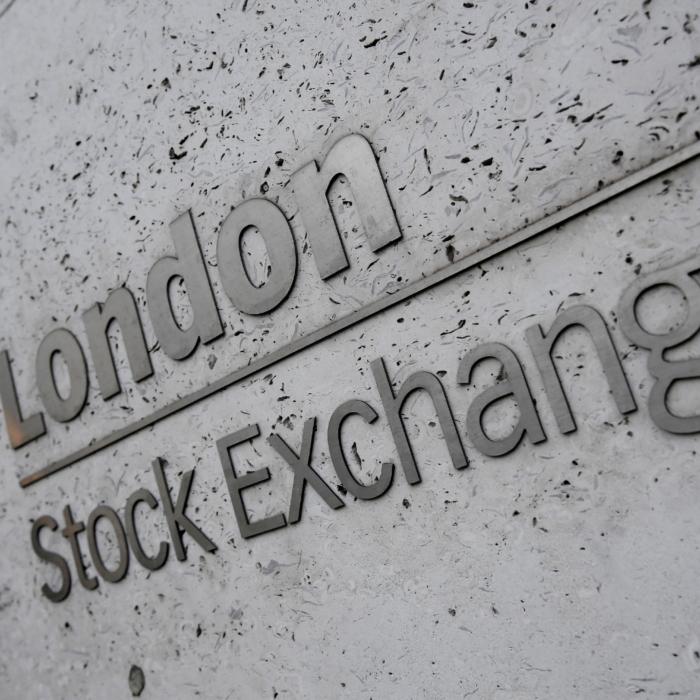Described as “one of the quietest years on record” for the LSE by Ernst & Young (EY), 2024 accounted for 88 companies delisting or transferring their primary listings from the main market, which is the most since 2009.
According to EY analysis, released on Monday, a number of firms cited declining liquidity and lower valuations compared to other markets as reasons for moving away from the LSE.
Some transfers were to the United States, which the companies said offers “deeper capital pools and higher trading volumes.”
Scott McCubbin, EY’s IPO lead for the UK and Ireland, said that while the fourth quarter recorded higher activity than the rest of the year, “headwinds facing the UK’s listings market remain.”
“Ongoing geopolitical instability, slow economic growth and a diminished appetite for domestic equities among pension funds have impacted valuations and liquidity.
“We also saw the largest outflow of companies from the main market since the global financial crisis as companies sought access a deeper pool of investors and the prospect of improved liquidity on other exchanges,” he said.
Major companies, including takeaway platform Just Eat, betting group Flutter Entertainment (owner of Paddy Power), travel operator Tui, and equipment rental firm Ashtead, have revealed plans to move away from their primary UK stock market listing.
Flutter Entertainment, which shifted its main listing to New York, cited access to the “world’s deepest and most liquid capital markets” as the key factor behind the move.
Meanwhile, Just Eat Takeaway opted to delist entirely from the London Stock Exchange, explaining that the “administrative burden, complexity, and costs” of maintaining its shares in London were among the reasons for the decision.
Despite the exodus of major businesses from the LSE, EY said there was room for “cautious optimism” looking ahead.
“A stabilised domestic policy environment post-election, robust pipeline of deals, and listings reform are creating opportunities to restore London’s competitiveness, which could drive a rebound in activity in H1 2025. Businesses eyeing IPOs will be closely watching the market to time their public offerings effectively,” said McCubbin.
The government has introduced several policies aimed at enhancing the UK’s business trading environment, focusing on economic stability.
Labour has committed to maintaining the full capital expensing regime, allowing businesses to deduct investment costs from their taxable income.
Ministers also pledged to cap corporation tax at its current rate of 25 percent for the entirety of the next Parliament, providing businesses with certainty and stability for financial planning.
Chancellor Rachel Reeves has previously said that Labour’s industrial strategy “will provide a launchpad for businesses” and a “firm foundation for investment.” Labour’s ambition is to drive innovation and attract investment, by focusing on areas, such as technology, infrastructure, and green energy.
According to McCubbin, London’s global reputation for financial expertise remains a competitive advantage, alongside strong corporate governance and a robust legal framework.
UK and Global Listings
Analysis shows that despite the low volume of listings in 2024, the LSE was buoyed by the listing of the global media and entertainment company Canal+, which raised £2.6 billion in the largest debut on the LSE since 2022.The current total number of listings on the main market and the Alternative Investment Market is 18, following eight IPOs in the fourth quarter of 2024.
EY also reported that £3.4 billion of proceeds were raised over the year, a 256 percent year-on-year increase on the £953.7 million raised from 23 issuers in 2023.
Meanwhile, global IPO volumes fell 10 percent with proceeds down by 4 percent year-on-year.
India became the global leader in IPO volume for the first time, with 327 deals, while the United States reclaimed the top spot for IPO proceeds since 2021, raising $27.6 billion.
In contrast, IPO activity in the Asia-Pacific region dropped sharply, driven by stricter regulations in mainland China, resulting in its weakest IPO performance in a decade and Australia experiencing its largest decline in IPO volume in over 20 years.







